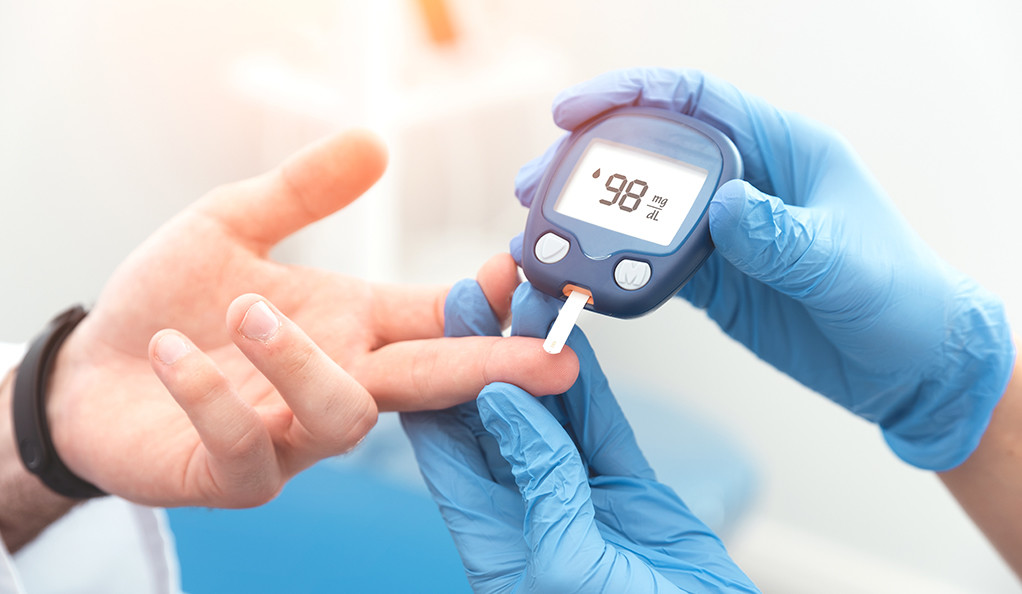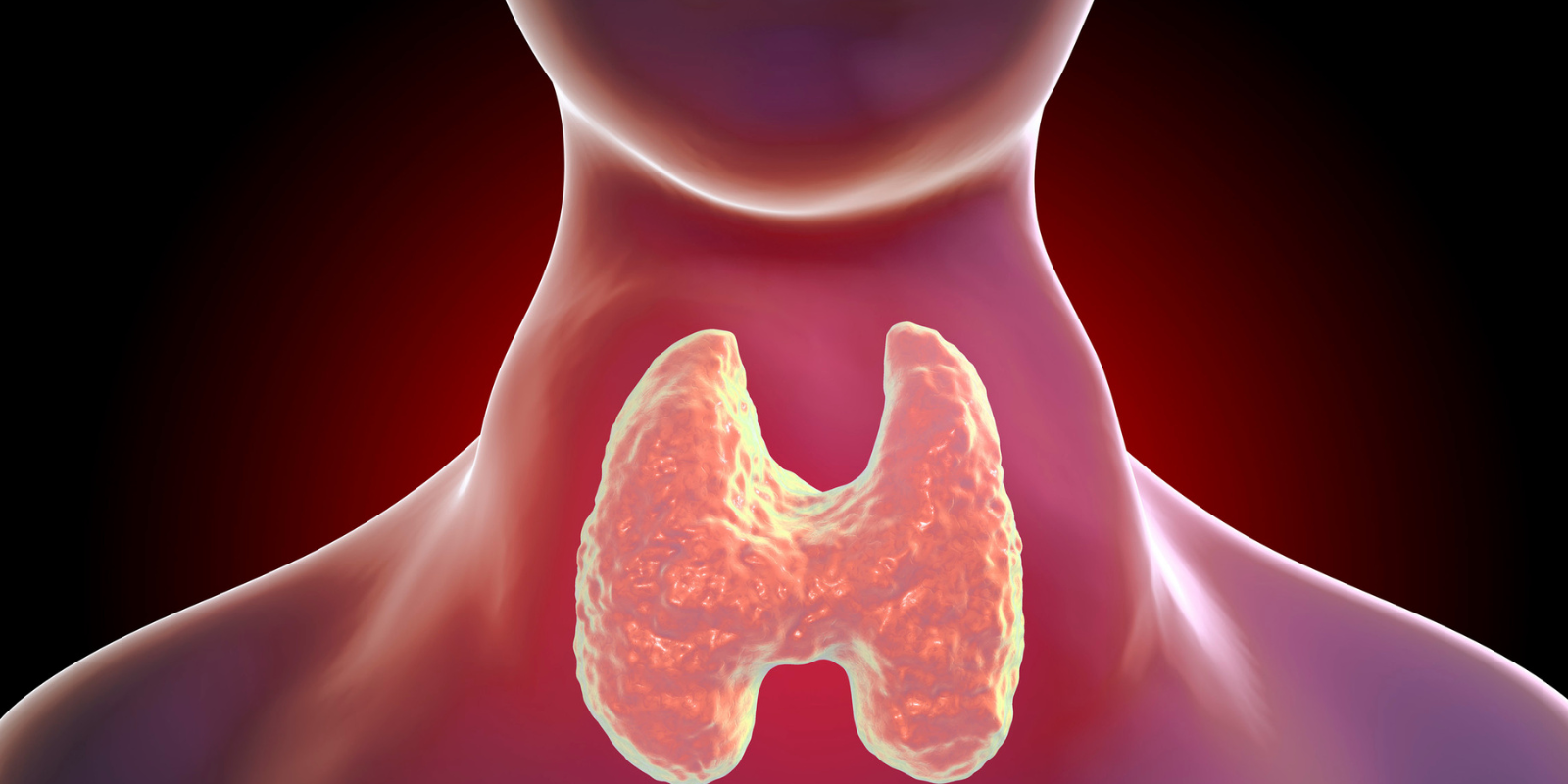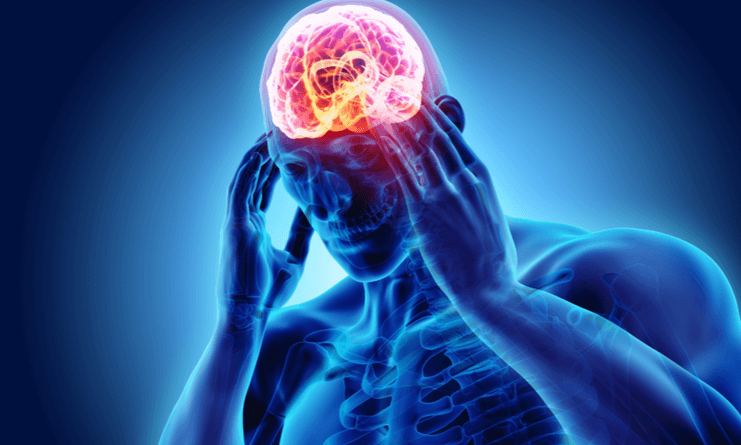In today’s fast-paced world, stress management and maintaining good mental well-being have become essential. Almost everyone experiences some level of stress — whether from work, relationships, or life’s everyday challenges. According to the National Institute of Mental Health, just within US in 2021, almost 21 million adults had at least one major depressive episode. The real number is likely higher, as many people don’t seek help due to stigma.
Prioritizing mental health and learning natural ways to reduce stress can improve your mood, enhance your productivity, and help you enjoy life more fully.
Stress affects multiple dimensions of our life, including thoughts, emotions, and physical health. By adopting effective stress reduction strategies and maintaining good mental health, you can not only manage stress but also improve your overall quality of life.

In this article, we’ll explore 7 proven natural methods to reduce stress naturally and boost your mental well-being. Implementing these strategies will help you feel calmer, more focused, and positive.
Natural Methods to Reduce Stress and Improve Mental Well-Being
Here are seven natural stress relief techniques you can start using today to enhance your mental health and emotional balance:
1. Set Boundaries and Realistic Goals
One of the most effective ways to reduce stress naturally is by setting personal boundaries. Learn to say no to social commitments or tasks that don’t align with your priorities. Protecting your time and energy is essential for stress management.
Additionally, setting unrealistic goals can increase anxiety and frustration. Focus on practical, achievable goals to reduce stress and improve your sense of accomplishment.
2. Accept Yourself as You Are
Self-acceptance is vital for mental well-being. Embrace your unique qualities rather than comparing yourself to others. When you accept yourself, acknowledging your strengths and being kind to yourself, you can reduce negative self-talk, lower stress levels, and improve emotional resilience.
Try writing down three qualities that make you proud, such as being compassionate, creative, or thoughtful. Overthinking about your mistakes and weaknesses and doing self-criticism disturbs your mental health. Practicing self-gratitude and forgiveness helps decrease your mental burden and lets you move forward in life positively, promoting inner peace.
3. Stay Connected
Maintaining a strong social support network is crucial for mental health and stress relief. Stay connected and surround yourself with people who love you and are source of encouragement and motivation for you. This can include friends, family, or community groups.
Positive people can help you see the fun and positive side of your problems which will be comforting for you. Some may even help you with overwhelming tasks such as looking after kids. Equally important is nurturing your spiritual connection, which can enhance emotional stability and prevent your mood from becoming dependent on others.
4. Volunteer and Engage in Activities You Enjoy
When we are stressed, we lose interest in everything and stop engaging in activities that make us happy. Engaging in meaningful activities is a powerful natural stress reduction method. Volunteering not only makes you feel valued but also promotes emotional well-being. You can volunteer for different social tasks and this really makes one feel worthy and less stressed.
Participate in hobbies or activities that bring joy, such as:
-
Playing games or sports
-
Crafting or painting
-
Gardening or exploring new hobbies
-
Listening to soothing music
-
Reading books or journaling
-
Taking relaxing spa days
5. Spend Time in Nature
Spending time outdoors is a scientifically proven way to reduce stress naturally. Being in nature has profound effects on mental health, helping you feel refreshed, calm, and energized. Whether sitting near a stream, walking in a park, or simply enjoying sunlight, connecting with nature promotes stress relief and emotional balance.
6. Practice Mindfulness, Gratitude, and Helpful Thinking
Mindfulness and gratitude practices can dramatically improve mental well-being:
-
Mindfulness: Techniques such as meditation, deep breathing, or yoga calm the mind and reduce anxiety.
-
Gratitude: Focusing on your blessings shifts attention from negative thoughts to positive ones. Think about your blessings whether small or big and write them regularly.
-
Helpful Thinking: Identify what is within your control and let go of what isn’t, reducing unnecessary stress. Getting upset on situations you don’t like is natural. Practicing ‘helpful thinking’ lets you see the issue for what it truly is and aids you in managing. If you can’t control a situation, don’t be too hard on yourself, rather be kind and compassionate to yourself.
7. Adopt Healthy Lifestyle Habits
A healthy lifestyle supports both mental health and stress management:
-
Eat Mind-Friendly Foods: Although you must eat healthy well-balanced diet, you must also focus on incorporating mind-friendly foods such as dark chocolate, almonds, and fatty fish in your diet. Keep in mind that what you eat has direct link with your mood and energy levels. Have plenty of vegetables such as leafy greens, fruits, lean proteins, and entire grains. Food gives you the essential nutrients that help your mind work well.
-
Avoid Alcohol and Drugs: Alcohol and drug addiction can make you anxious and depressed instead of improving your mental health. So to keep your mental state well, avoid alcohol and drugs.
-
Stay Physically Active: Exercising not only keeps you physically fit but also relieves or prevents stress. Go for a walk or relax with yoga. Prefer to do regular moderate exercise for decreasing stress. As our mind and body are interconnected, taking care of physical being also helps to improve mental wellbeing.
-
Get Adequate Sleep: Quality sleep enhances focus, emotional stability, and overall mental well-being. Focus on improving your sleep and you will find it easier to think clearly, process the situations right, and manage your stress. When you sleep well, you feel alert, relaxed, refreshed, and accomplished. You can read here in detail how bad sleep is ruining your health and will also find tips to improve your sleep.
A study published in the Sultan Qaboos University Medical Journal highlighted that insufficient sleep increases the risk of anxiety and depression, impacting mental health significantly.
Key Takeaways
Feeling stressed is natural and is very common nowadays. How you manage it significantly influences your ability to live a happy and fulfilling life. Some natural methods to reduce stress and boost mental well-being include:
-
Setting boundaries and realistic goals, learn to politely say ‘no’ to things you can’t do. Know yourself better and try to avoid anything that disturbs you mentally. For example introverts don’t like social parties so you can simply refuse instead of attending and then feeling stressed.
-
Don’t give yourself huge challenges which when unachieved make you stressful. Instead, set small realistic goals which you can easily achieve and when you are done you feel happy and accomplished.
-
Know about your strengths, accomplishments and weaknesses. Accept and practice self love for who you are. Trying to become someone else is always stressful.
-
Maintaining supportive social connections, stay connected with people who bring positivity and love in your life. Surround yourself with support system which can help you when you feel overwhelmed with problems.
-
Engaging in hobbies and volunteer work
-
Spending time in nature
-
Practicing mindfulness, gratitude, and helpful thinking
-
Adopting healthy lifestyle habits like proper diet, exercise, quality sleep and staying physically active and not to forget avoiding alcohol and drugs.
Conclusion
By following these 7 proven natural methods to reduce stress and improve mental well-being, you can cultivate a calmer, more positive mindset. Reducing stress not only improves mental health but also enhances productivity, relationships, and overall life satisfaction.
Gradually incorporate these strategies into your daily routine and experience the visible benefits for your mental well-being and stress resilience.
References
Lamblin M, Murawski C, Whittle S, Fornito A. Social connectedness, mental health, and the adolescent brain. Neurosci Biobehav Rev. 2017;80:57–68. doi: 10.1016/j.neubiorev.2017.05.010 https://pubmed.ncbi.nlm.nih.gov/28506925/
Han SH, Kim K, Burr JA. Stress-Buffering Effects of Volunteering on Daily Well-Being: Evidence From the National Study of Daily Experiences. J Gerontol B Psychol Sci Soc Sci. 2020 Sep 14;75(8):1731-1740. doi: 10.1093/geronb/gbz052. PMID: 31111935; PMCID: PMC7489103.
Kondo MC, Jacoby SF, South EC. Does spending time outdoors reduce stress? A review of real-time stress response to outdoor environments. Health Place. 2018 May;51:136-150. doi: 10.1016/j.healthplace.2018.03.001. Epub 2018 Mar 29. PMID: 29604546.
Kriakous SA, Elliott KA, Lamers C, Owen R. The Effectiveness of Mindfulness-Based Stress Reduction on the Psychological Functioning of Healthcare Professionals: a Systematic Review. Mindfulness (N Y). 2021;12(1):1-28. doi: 10.1007/s12671-020-01500-9. Epub 2020 Sep 24. PMID: 32989406; PMCID: PMC7511255.
Biddle S. Physical activity and mental health: evidence is growing. World Psychiatry. 2016 Jun;15(2):176-7. doi: 10.1002/wps.20331. PMID: 27265709; PMCID: PMC4911759.
Sanchez-Villegas A, Martínez-Gonzáez M. Diet, a new target to prevent depression? Metabolism, Diet, and Disease. 2013;11(3) https://www.ncbi.nlm.nih.gov/pmc/articles/PMC6170050/
Pluut H, Wonders J. Not Able to Lead a Healthy Life When You Need It the Most: Dual Role of Lifestyle Behaviors in the Association of Blurred Work-Life Boundaries With Well-Being. Front Psychol. 2020 Dec 23;11:607294. doi: 10.3389/fpsyg.2020.607294. PMID: 33424717; PMCID: PMC7786197.
Goldstein AN, Walker MP. The role of sleep in emotional brain function. Annu Rev Clin Psychol. 2014;10:679-708. doi: 10.1146/annurev-clinpsy-032813-153716. Epub 2014 Jan 31. PMID: 24499013; PMCID: PMC4286245.
Al-Abri MA. Sleep Deprivation and Depression: A bi-directional association. Sultan Qaboos Univ Med J. 2015 Feb;15(1):e4-6. Epub 2015 Jan 21. PMID: 25685384; PMCID: PMC4318605.
Aflakseir, Abdulaziz & Ziaee, Mohammad & Imani, Mehdi. (2020). The Effectiveness of Self-Acceptance on Stress Reduction among a Group of High School Male Students Expecting University Entrance Exam in Hamadan, Iran. International Journal of School Health.










